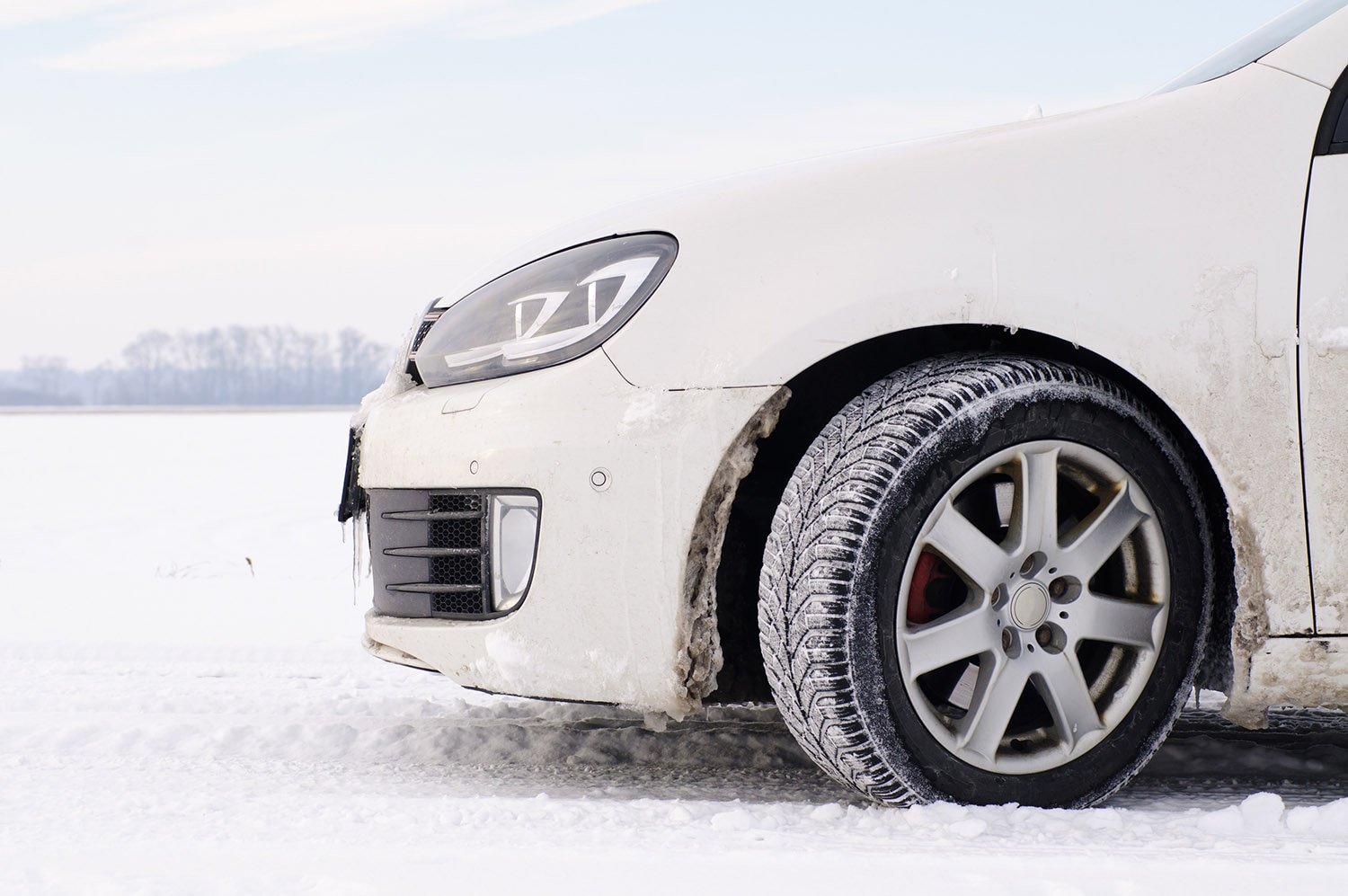How to Clean Winter Grime From Your Car's Wheels
A clean wheel not only looks good, but also helps prevent corrosion.
 Getty Images
Getty Images
Article QuickTakes:
Caring for the finish on your vehicle's wheels is important year-round, but especially in winter, when road salt can take a serious toll on your rims if it isn't cleaned off. Thankfully, regular applications of elbow grease will help keep the spokes in good condition.
The Winter Cleaning Process for Wheels
Despite the decrease in temperature and potential increase in grime, cleaning your wheels in winter is much like it is during the rest of the year: Simply apply a cleaning agent and gently scrub with microfiber pads or towels or a soft-bristle brush specifically made for wheel detailing. Follow that up with a quick rinse and you're done. While it might be tempting to try out chemicals that promise to remove or neutralize salt, it can be more effective to stick with wheel-specific products like Griot's Garage Wheel Cleaner or Sonax Wheel Cleaner Full Effect. Such products are generally safe to use on most finishes. If frigid temperatures make rinsing with a hose difficult, consider a waterless cleaner, like Meguiar's Ultimate Waterless Wheel & Tire.
After you've washed and dried your rims, it's important to protect your work. Applying a synthetic, high-temp automotive wax like Finish Kare BWM 101 Hi-Temp Paste Wax is intended to make it harder for grime to stick — wheels are close to brakes, after all, which means the rims can get hot. If your wheels have a matte or satin finish, skip the wax, as it can impart an unwanted gloss. Instead, use a specialized product like Chemical Guys Meticulous Matte Detailer Spray & Sealant.
The Possible Consequences of Skipping Winter Wheel Cleaning
Cleaning your wheels in winter isn't just for looks; it can also protect and prolong their life. Salt and other corrosive de-icing agents can seep beneath the tire's lip and eat away at the metal surface where the rubber meets the wheel. Once that happens, the tire may not be able to form an airtight seal, resulting in a constant and potentially unrepairable leak. At that point, you could easily be faced with purchasing a replacement wheel, which could run you hundreds of dollars.
Use Winter Cleaning Techniques to Help Prevent Wheel Damage
While many modern vehicles roll on aluminum (rather than steel) wheels, they're still susceptible to damage and corrosion during winter.
"Part of the problem lies with brake dust," says Tyler White, owner of the Simply Clean Detail Studio in Lafayette, Colorado. "That dust is an extremely fine metallic powder, and if left exposed to salt or de-icing agents, it will begin to rust and eat away at the surface of any kind of wheel."
If salt and corrosive chemicals weren't enough, some road-maintenance crews put down sand to help vehicles combat icy pavement. But while sand is a decent traction aid, Tire Rack's tire-testing manager TJ Campbell points out that "the longer the surface of a wheel is exposed to these ingredients, the more opportunities chemicals and sand have to eat away at the protective coatings on the wheels. Exposed aluminum alloy will break down and corrode quickly when not protected."



